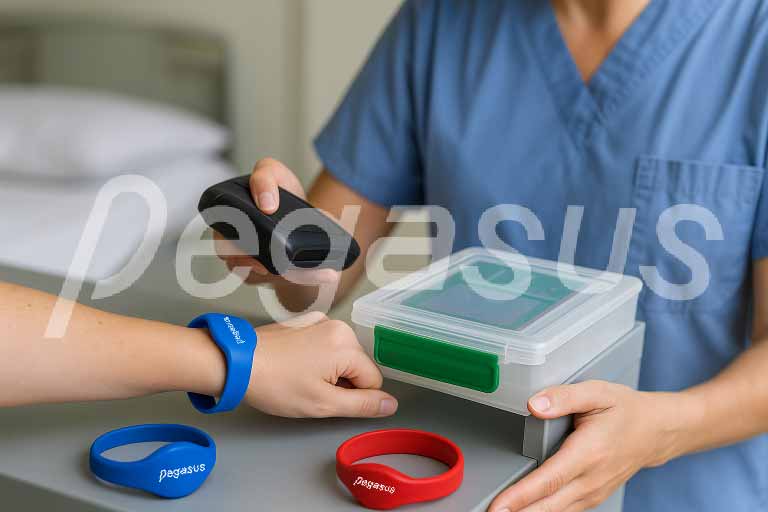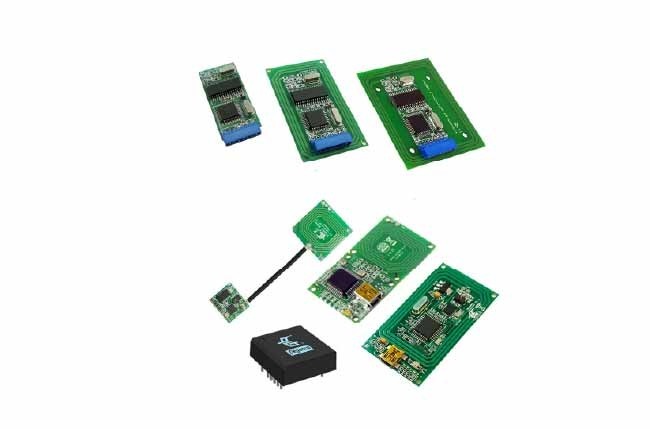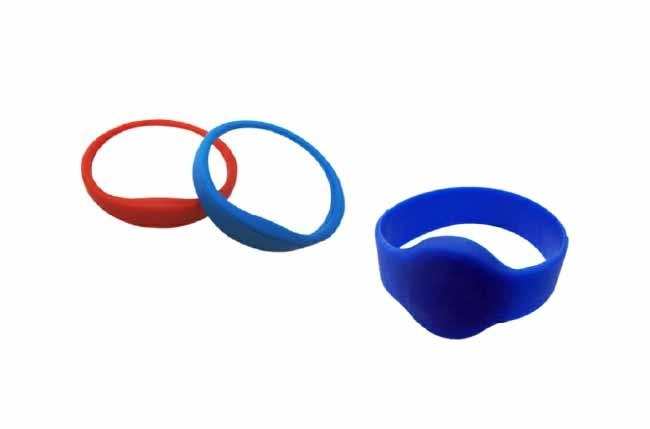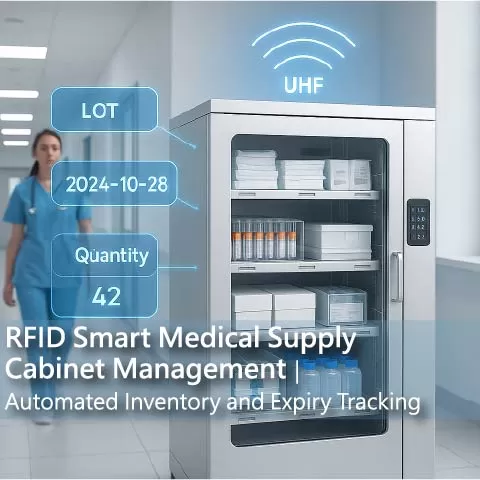Healthcare Industry |RFID Medication Cart Management for Inpatient Safety
Medication errors are one of the most common risks in hospital operations, especially in inpatient wards where nurses must administer drugs to dozens of patients daily. Traditional manual processes—relying on paper charts or visual checks—can result in serious mistakes such as giving the wrong drug or dosage to a patient. This not only jeopardizes patient safety but also increases the risk of medical disputes.
Industry Pain Points
1. High risk of medication errors due to manual verification
2. Lack of automatic linkage between patient identity and assigned medications
3. Time-consuming checks, adding to nurse's workload
4. Limited accountability in case of disputes
Solution
The hospital introduced RFID-based medication cart management, integrating RFID wristbands for patients and RFID-enabled medication boxes:
-
Patient Wristbands : Each admitted patient receives an RFID wristband with a unique ID.
-
Medication Boxes with RFID Reader : Each patient's prescribed drugs are placed in a locked box on the medication cart, equipped with an RFID reader.
-
erification Process : Before administering medication, nurses use a handheld RFID reader (with Bluetooth transmission) to scan the patient's wristband.
-
Cross-Check : The system automatically validates the patient's ID against the corresponding medication box. Only the matched medication box will unlock.
-
Secure Dispensing : After dispensing, the medication box is locked again to prevent misuse.
Added Value
- Integration with electronic medical records (EMR) for real-time updates.
- Data insights for pharmacy management (drug usage, expiry alerts, restocking needs).
- Improved compliance with international patient safety standards (e.g., WHO, Joint Commission).
Global Trends
The adoption of RFID in medication management is increasing worldwide. Hospitals in North America, Europe, and Asia-Pacific are moving from barcode-based tracking to RFID-enabled solutions to minimize human errors and improve efficiency.
(FAQ)
Q1: Does RFID completely replace barcodes in hospitals?
A: Not necessarily. RFID and barcodes can coexist. RFID is more suitable for automated verification, while barcodes are useful for low-cost single-item checks.
Q2:Will RFID increase nurse's workload?
A: No. RFID automates patient-drug verification, reducing manual logging and freeing up nurses for patient care.
Q3: Is it complicated to integrate RFID with hospital systems?
A: No. Pongee RFID modules support common communication protocols and can be integrated with existing hospital management or EMR systems.
📚
If you are a system integrator or distributor looking for RFID modules and application solutions for the healthcare industry, feel free to contact us.
We provide RFID modules, readers, and comprehensive technical integration recommendations to help you accelerate project development and implementation planning.







